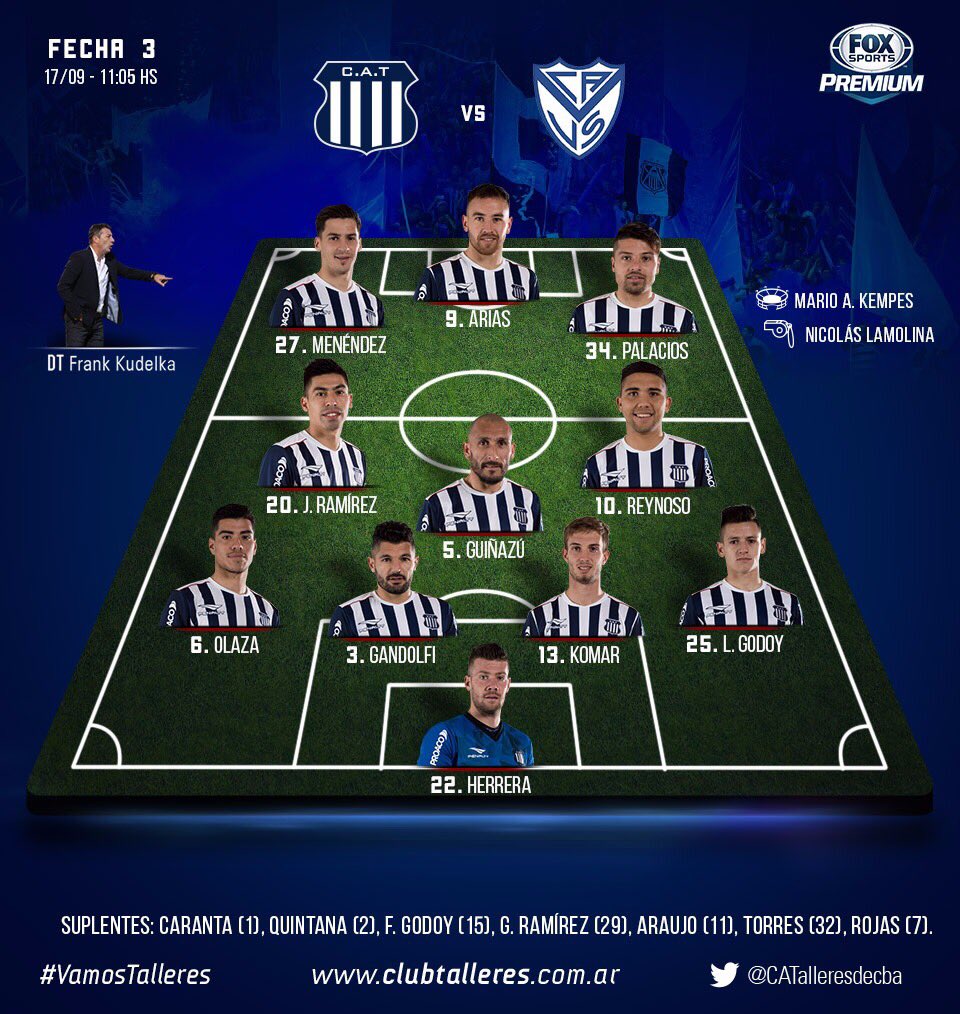The Exciting Journey of the Copa Libertadores
Por um escritor misterioso
publicado em março/12/2025

Explore the rich history and thrilling moments of the Copa libertadores , South America's premier club football competition.


The tournament takes its name from Simón Bolívar and José de San Martín, two key figures in South American independence movements. It symbolizes unity and celebrates the spirit of freedom that these leaders fought for.
Over the years, the Copa libertadores has provided countless memorable moments and epic battles on the football pitch. From historic comebacks to intense rivalries, this competition has it all.
One of the defining features of the Copa libertadores is its format. Unlike many other continental competitions, it follows a group stage followed by knockout rounds. This ensures that teams have multiple opportunities to prove their worth and showcase their skills against different opponents.
The group stage consists of teams divided into groups based on geographical proximity. This allows for fierce local derbies and intense rivalries between clubs from neighboring countries. The top teams from each group advance to the knockout stages, where every match becomes a do-or-die situation.
Throughout its history, several clubs have established themselves as dominant forces in the Copa libertadores. Argentine giants Boca Juniors and River Plate have won multiple titles each, with their fierce Superclásico rivalry adding an extra layer of excitement to any matchup between them.
Brazilian clubs like São Paulo FC and Santos have also enjoyed success in this prestigious competition. Uruguay's Peñarol and Nacional are no strangers to lifting trophies either, having both tasted glory multiple times.
Some of the most iconic moments in Copa libertadores history include the 'Battle of Santiago' in 1962, when a match between Argentine club Independiente and Chilean side Colo-Colo turned into a violent brawl on the pitch. Another unforgettable moment was the 'Maracanazo' in 1981, when Flamengo defeated Cobreloa to clinch their first-ever Copa libertadores title.
In recent years, there has been an increasing trend of teams from smaller nations making their mark in the competition. Ecuador's Liga de Quito became champions in 2008, while Colombia's Atlético Nacional lifted the trophy in 2016. These triumphs highlight the growing competitiveness and diversity within South American football.
The Copa libertadores is not just about football; it is also a cultural phenomenon that brings together passionate fans from all corners of South America. The stadiums come alive with colorful displays, chants, and tifos that create an electrifying atmosphere.
The tournament has also witnessed intense rivalries between clubs and countries. Matches between Boca Juniors and River Plate are known for their fiery nature both on and off the pitch. The passion displayed by fans during these encounters is unrivaled anywhere else in the world.
As South American football continues to evolve, so does the Copa libertadores. In recent years, changes have been made to increase its global appeal. One notable change was allowing teams from Mexico to participate, further expanding the reach of this prestigious competition.
The Copa libertadores remains an integral part of South American football culture. It showcases not only top-level football but also represents a celebration of unity and freedom across nations.
In conclusion, the Copa libertadores is more than just a football tournament; it is an embodiment of history, passion, and fierce competition. From its humble beginnings to becoming one of the most-watched club competitions globally, it continues to captivate fans around the world with its thrilling matches and unforgettable moments.



Vélez Sarsfield on X: Formación confirmada de #Talleres para enfrentar a # Velez. #JuegaVelez #LaPrevia #TALxVEL Gentileza de prensa de @CATalleresdecba / X

Grêmio aproveita lambança, bate Cruzeiro e vai às quartas da Copa do Brasil
The Copa libertadores is one of the most prestigious club football competitions in South America. Founded in 1960, it brings together the top clubs from across the continent to compete for glory and a chance to represent South America at the FIFA Club World Cup.The tournament takes its name from Simón Bolívar and José de San Martín, two key figures in South American independence movements. It symbolizes unity and celebrates the spirit of freedom that these leaders fought for.
Over the years, the Copa libertadores has provided countless memorable moments and epic battles on the football pitch. From historic comebacks to intense rivalries, this competition has it all.
One of the defining features of the Copa libertadores is its format. Unlike many other continental competitions, it follows a group stage followed by knockout rounds. This ensures that teams have multiple opportunities to prove their worth and showcase their skills against different opponents.
The group stage consists of teams divided into groups based on geographical proximity. This allows for fierce local derbies and intense rivalries between clubs from neighboring countries. The top teams from each group advance to the knockout stages, where every match becomes a do-or-die situation.
Throughout its history, several clubs have established themselves as dominant forces in the Copa libertadores. Argentine giants Boca Juniors and River Plate have won multiple titles each, with their fierce Superclásico rivalry adding an extra layer of excitement to any matchup between them.
Brazilian clubs like São Paulo FC and Santos have also enjoyed success in this prestigious competition. Uruguay's Peñarol and Nacional are no strangers to lifting trophies either, having both tasted glory multiple times.
Some of the most iconic moments in Copa libertadores history include the 'Battle of Santiago' in 1962, when a match between Argentine club Independiente and Chilean side Colo-Colo turned into a violent brawl on the pitch. Another unforgettable moment was the 'Maracanazo' in 1981, when Flamengo defeated Cobreloa to clinch their first-ever Copa libertadores title.
In recent years, there has been an increasing trend of teams from smaller nations making their mark in the competition. Ecuador's Liga de Quito became champions in 2008, while Colombia's Atlético Nacional lifted the trophy in 2016. These triumphs highlight the growing competitiveness and diversity within South American football.
The Copa libertadores is not just about football; it is also a cultural phenomenon that brings together passionate fans from all corners of South America. The stadiums come alive with colorful displays, chants, and tifos that create an electrifying atmosphere.
The tournament has also witnessed intense rivalries between clubs and countries. Matches between Boca Juniors and River Plate are known for their fiery nature both on and off the pitch. The passion displayed by fans during these encounters is unrivaled anywhere else in the world.
As South American football continues to evolve, so does the Copa libertadores. In recent years, changes have been made to increase its global appeal. One notable change was allowing teams from Mexico to participate, further expanding the reach of this prestigious competition.
The Copa libertadores remains an integral part of South American football culture. It showcases not only top-level football but also represents a celebration of unity and freedom across nations.
In conclusion, the Copa libertadores is more than just a football tournament; it is an embodiment of history, passion, and fierce competition. From its humble beginnings to becoming one of the most-watched club competitions globally, it continues to captivate fans around the world with its thrilling matches and unforgettable moments.

La decisión del Min. de Seguridad de Córdoba para Talleres-Vélez tras los incidentes en la ida - TyC Sports
